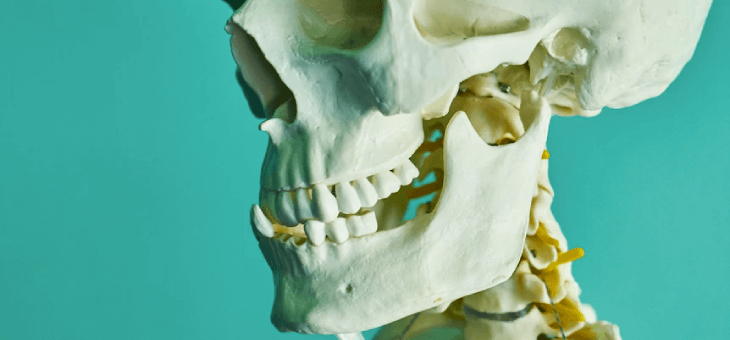For years, oral health has highlighted growing inequalities in Australia between the rich and poor.
While a visit to your local GP is either partly or entirely covered by Medicare, only a fraction of the population can access government-funded dental check-ups.
That’s not because oral health isn’t important – in fact, it’s closely associated with a wide range of conditions like diabetes and heart disease.
But like most things in politics, this all comes down to money, and a decision made almost five decades ago.
Let’s go back to the beginning. Why wasn’t dental initially included in Medicare?
The Whitlam government originally wanted to include dental in Medibank in 1974 – the precursor to Medicare.
But negotiations with doctors consumed all the government’s efforts and Gough Whitlam didn’t want to bite off more than he could chew with dentists as well.
It was also going to be costly.
Since then, we’ve seen various governments try to reform the dental system but, despite the efforts of those in power, a huge gap in care remains.
Do we have public dental systems now?
The rules vary depending on where you live, but typically children and adults on concession cards are eligible for free basic services like check-ups, fillings and root canals.
The states and territories run and fund these dental clinics with help from the federal government.
The Australian Dental Association estimates about eight million of us are eligible for these clinics, but only about 180,000 Australians use them each year, with waiting lists for treatments more than two years long in some states.
As a result, many people are struggling to get the timely care they need and wind up needing emergency care later on, with more than 800,000 GP consultations and hospital admissions each year for dental conditions alone.
Who is calling for dental to be better funded and why?
Groups like the Consumers Health Forum of Australia, the Australian Dental Association and the Grattan Institute have all called for the federal government to expand publicly funded dental care.
In 2019, the Grattan Institute published the report Filling the Gap, which called on the federal government to take responsibility for funding primary care through a universal scheme.
The figures are a stark reminder of why.
People on public dental waiting lists have far worse outcomes than those who can afford private care, with data from the Australian Dental Association showing about one-third of the millions of Australians eligible for public dentistry avoid food because of problems with their teeth.
Poor oral health is also associated with several chronic diseases – including stroke and cardiovascular disease, oral cancers, diabetes and even lung conditions – and First Nations people, poorer Australians and those in regional and remote areas are most at risk.
Are any parties promising better dental care in the election campaign?
So far, the Greens are the only party promising universal access to free dental care, taking a $77.6 billion pledge over 10 years to the federal election.
The Coalition argues dental and oral health is a “key part” of primary care and is extending its agreement with the states to fund public dental for another year.
Federal Labor argues it remains committed to its “long-term” goal of expanding Medicare to dental health services – but hasn’t specified a time frame.
How much would it cost?
Like many other things in politics, money is perhaps the biggest hurdle to a universal dental scheme.
Overall, about $9.5 billion was spent on dental services in 2019–20, according to the Australian Institute of Health and Welfare – the bulk of it paid for by out-of-pocket costs.
The Greens’ dental pledge equates to about $7.8 billion a year and is based on advice from the Parliamentary Budget Office, an independent agency that reports to parliament – but it’s worth noting the PBO warned the supply of qualified dentists to run the scheme couldn’t be guaranteed.
In 2019, the Grattan Institute estimated the cost of a fully operational universal scheme would be about $6.5 billion a year, which it argues would operate like Medicare, with the federal government setting a fee schedule and paying public dental services and private dental practices for the services provided.
But just as having a fully funded public dental system would be expensive, not having one also comes at a cost.
 © 2020 Australian Broadcasting Corporation. All rights reserved.
© 2020 Australian Broadcasting Corporation. All rights reserved.
ABC Content Disclaimer

